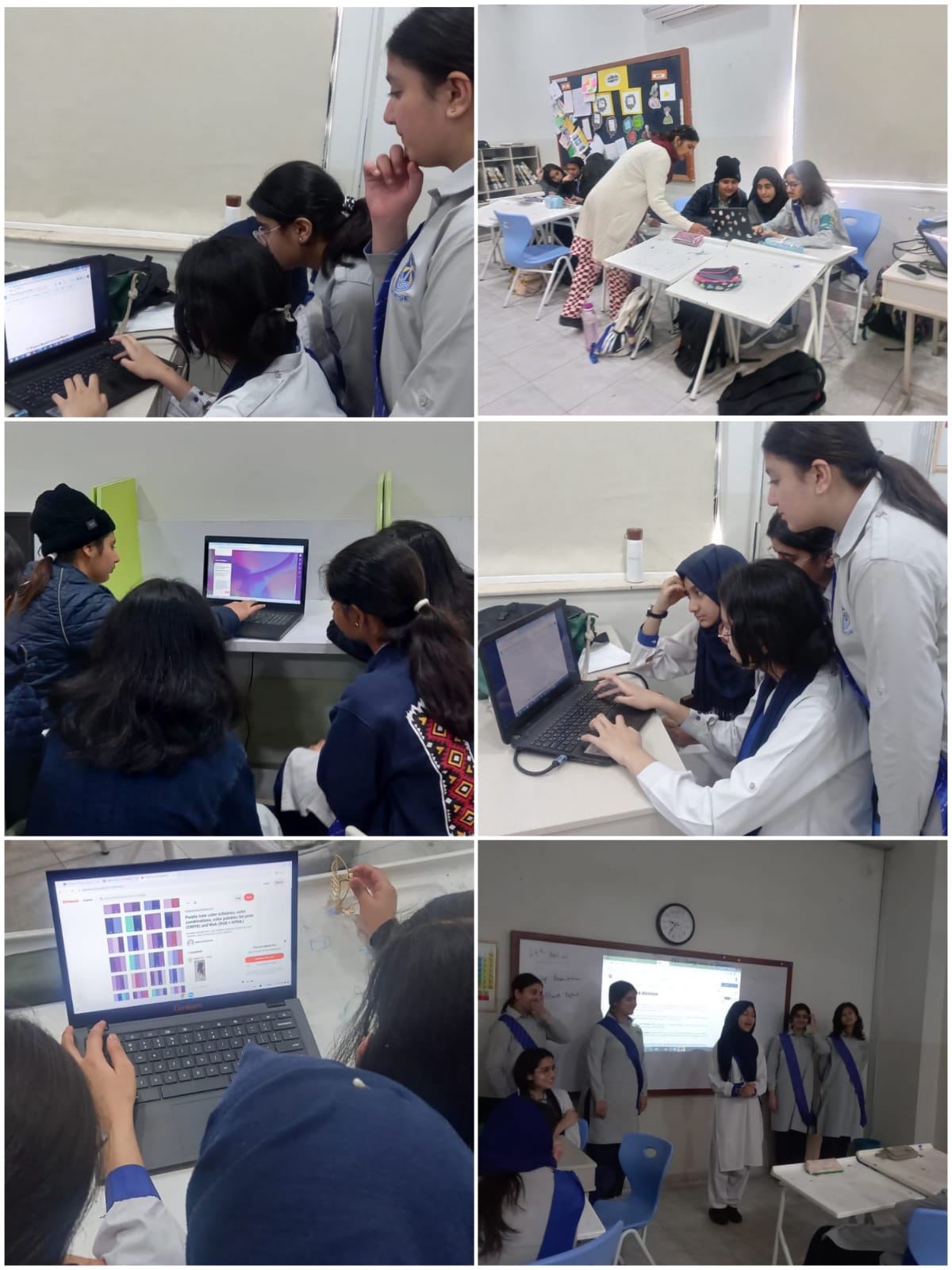Students of Grade 8R at Beaconhouse Tipu Sultan Campus Rawalpindi recently concluded an exciting Project-Based Learning (PBL) initiative that focused on one of Pakistan’s most urgent challenges—the energy crisis. Over the course of a month, students explored the causes, consequences, and potential solutions to the issue using a variety of digital tools and collaborative strategies.
Beginning in early April, students researched critical aspects such as rising energy demand, reliance on fossil fuels, outdated infrastructure, and the impact of climate change. They worked in teams to gather and analyze data using online databases, simulations, and mapping tools. Interviews and role plays were also recorded using digital cameras to add a personal, real-world element to their findings. Their final products were compiled into news-style video reports, created using Google’s digital tools, and presented in a digital showcase that captured their learning journey.
“It was fascinating to see how independent the learners sounded. They clearly understood the real-world relevance of the energy crisis,” said Ms. Saima, Headmistress, Senior School. Project coordinator Ms. Ayesha Abbas shared, “This project took learning beyond the textbook. The students weren’t just absorbing facts—they were looking for real solutions.”
The showcase featured a range of impressive student projects. One group presented an interactive infographic showing Pakistan’s energy mix and offered a transition plan to renewable sources like solar and wind, supported by data in spreadsheets. Another team used 3D software to design a smart home model, showing how intelligent energy management can reduce consumption. Other groups created public service announcements using video editing tools and mock social media campaigns to promote energy conservation. A standout effort involved the prototype of a mobile app that connects users to local solar energy providers.
Interactive quizzes and surveys tested audience knowledge and encouraged engagement throughout the event. Students demonstrated not only their grasp of the issue but also strong digital communication and teamwork skills.
This PBL experience reflected the power of hands-on learning. It gave students the opportunity to connect classroom knowledge with real-life challenges while building confidence, creativity, and a sense of responsibility. The projects will be digitally archived and shared with the school community as a reminder of what young learners can achieve when given the tools to lead and innovate.
